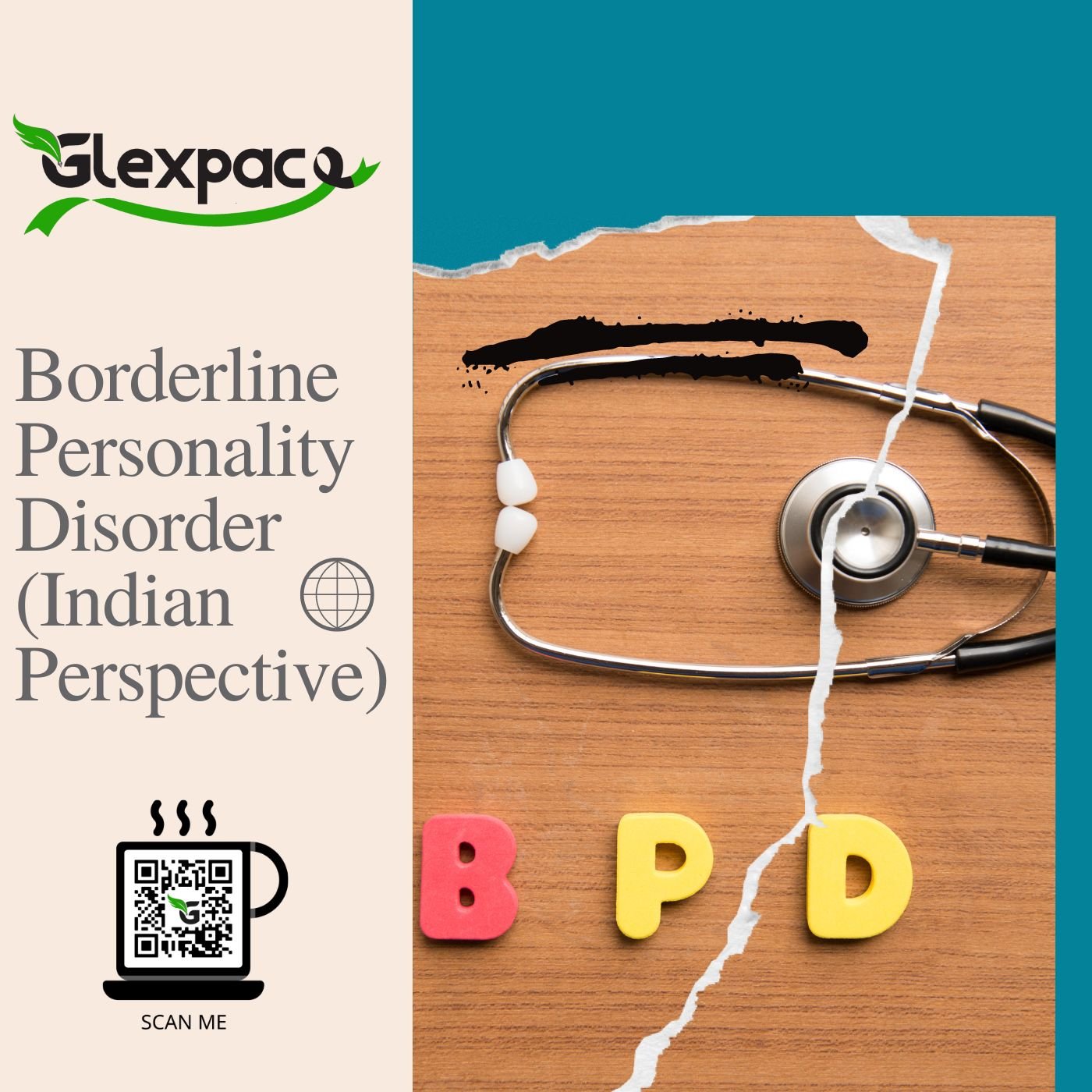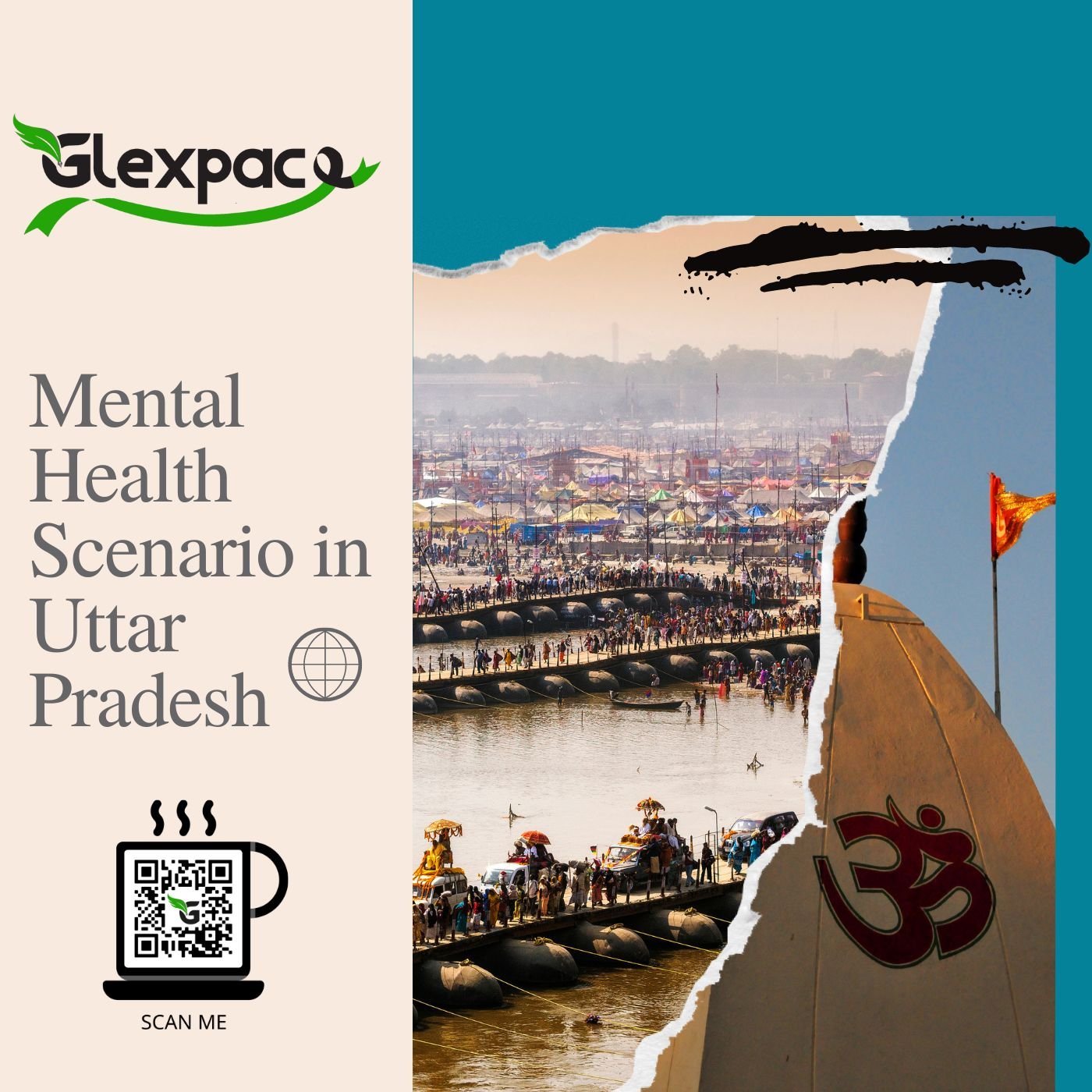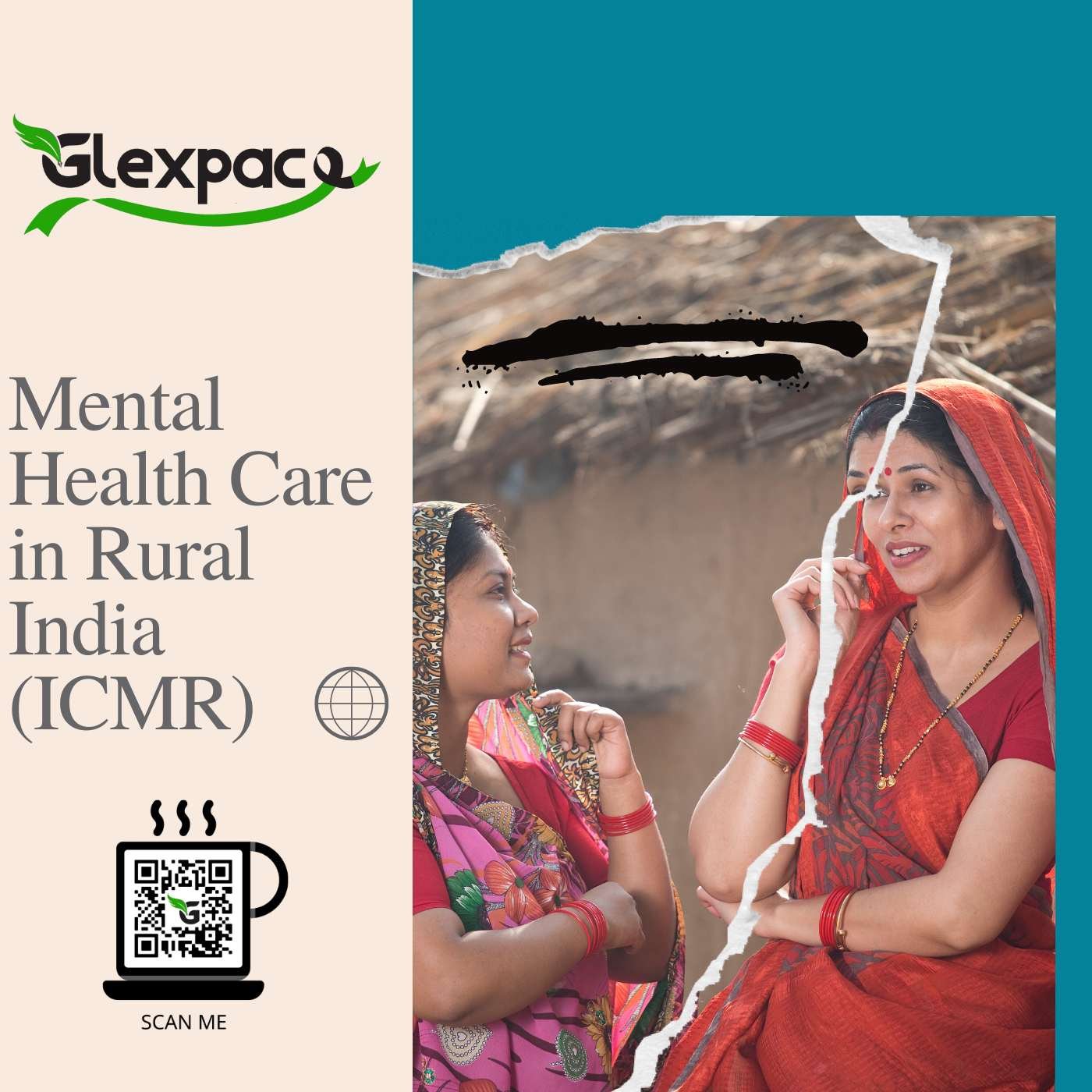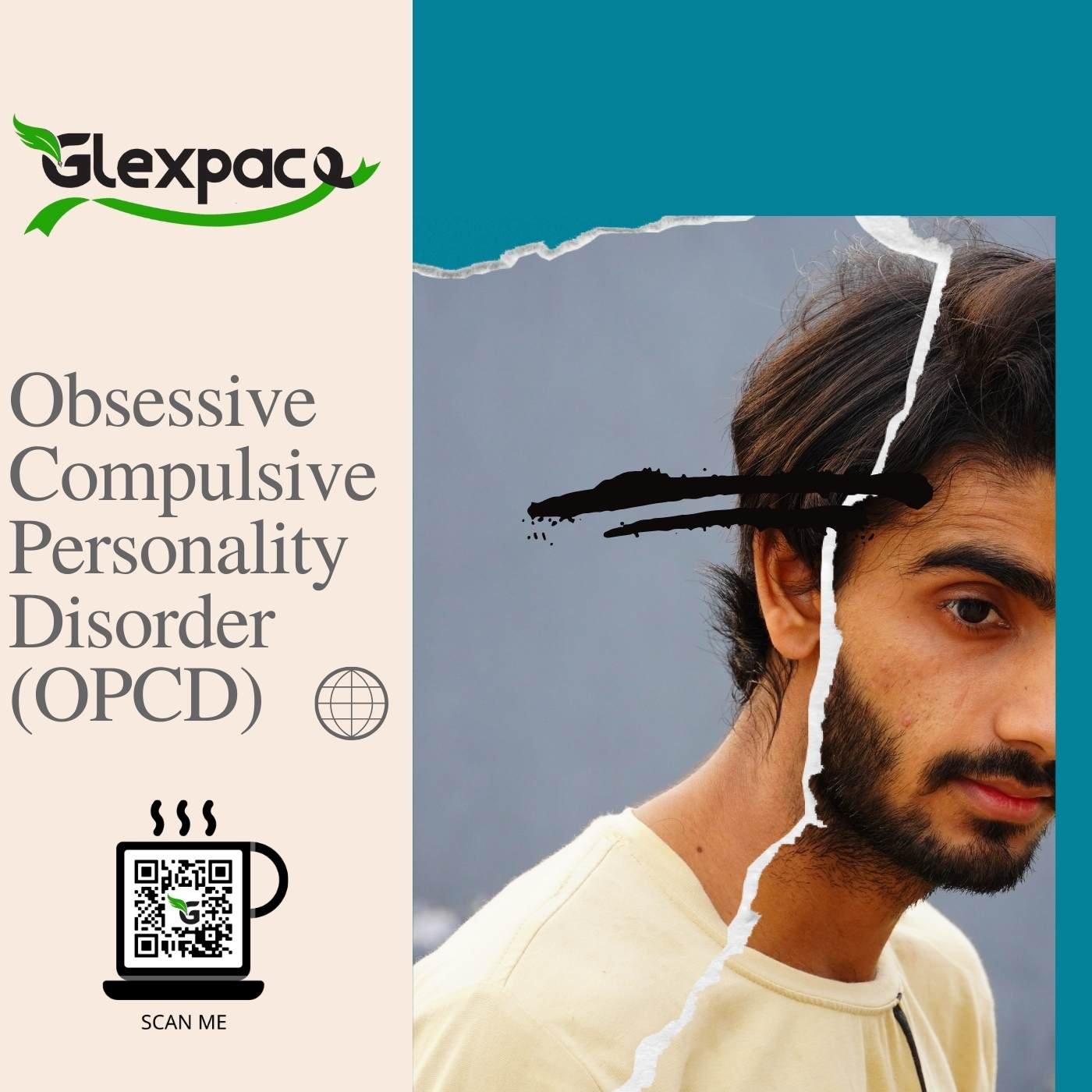Understanding Borderline Personality Disorder in the Indian Context: A Comprehensive Exploration
Deep Thinking | 850 Visits

Borderline Personality Disorder (BPD) is more prevalent in India than commonly perceived, with stigma and misinformation contributing to underreporting. This article sheds light on the challenges individuals with BPD face, addressing the stigma, activist opposition, and gender bias associated with the disorder. Furthermore, it explores the prevalence of personality disorders in India, considering cultural nuances and diagnostic classifications.
Challenges Faced by Individuals with BPD:
1. Stigma and Silence:
BPD remains one of the most diagnosed personality disorders in India, but the stigma surrounding mental health inhibits individuals from openly discussing their diagnosis. The fear of judgment and societal misconceptions often leads to silence and reluctance to seek help.
2. Activist Opposition:
Some activists dispute psychiatric diagnoses like BPD, creating an additional barrier for individuals accepting their diagnosis. The narrative often undermines those acknowledging their mental health struggles, portraying them as either weak or ignorant.
3. Gender Bias:
Women with BPD face an added layer of stigma, as stereotypes link the disorder to sexual promiscuity or a history of child abuse. Activists, even those advocating for mental health rights, may perpetuate these stereotypes, contributing to the marginalization of women with BPD.
Prevalence of Personality Disorders in India:
1. Epidemiological Studies:
General population studies conducted in the late 1980s and early 1990s revealed a prevalence of 10.3% to 13.5% for personality disorders in developed countries. A meta-analysis of Indian studies reported a prevalence rate of 0.6%, with personality disorder diagnosis significantly associated with the male gender.
2. Clinical Studies:
Clinical samples from India showed varying prevalence rates, with rates as high as 19.1% for schizotypal and 14.7% for borderline personality disorders. Clinical studies also explored personality disorders in specific populations, such as university students, criminals, and patients with substance use disorders.
3. Self-Harm and Personality Disorders:
Studies focusing on self-harm revealed rates ranging from 7% to 64% for personality disorders. The complexity of assessing personality disorders in individuals engaging in self-harm poses methodological challenges, impacting prevalence rates.
Cultural Considerations:
1. Cross-Cultural Validity:
The cross-cultural validity of Western diagnostic categories is debated, as personality disorders may be influenced by cultural beliefs and perceptions of selfhood. Cultural variations in genetic selection, learning, and social thresholds for personality vulnerability challenge the universality of personality disorders.
2. Preferred Classification System:
Indian researchers show a preference for the International Classification of Diseases (ICD-10) over the Diagnostic and Statistical Manual of Mental Disorders (DSM-IV). The practical application of ICD-10 in clinical practice and the accessibility of the International Personality Disorder Examination (IPDE) contribute to this preference.
Management Issues:
1. Treatment Options:
Management of BPD depends on various factors, including healthcare resources, therapist skills, and patient characteristics. Pharmacotherapy and psychotherapy have shown promise, with individualized approaches tailored to the patient's social support, coexisting illnesses, and psychological mindset.
Conclusion:
As the understanding of personality disorders, particularly BPD, evolves in India, there is a need for more comprehensive research. Bridging the gap in methodology, epidemiology, and cultural considerations can contribute to destigmatizing BPD and ensuring effective management. By recognizing the prevalence of personality disorders and embracing diverse narratives, India can progress toward a more compassionate and inclusive approach to mental health.
Reference - ICMR, journals.lww.com, NHM etc
Thanks for reading!
If you enjoyed please leave a like, join discussion in the comments and share it
with your friends!
Glexpace | Mental Health's Recent Articles







